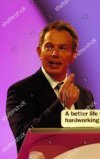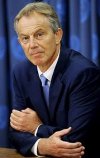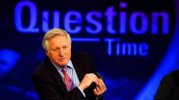Chris Nation
Banned
Speaking as a active Lib dem throughout the period That's not true the party has always been pro European, being pro a referendum was more a question of trying to shape the question themselves rather than letting the their opponents do that as Cameron frankly did (unlike Wilson)..
A third of Lib Dem voters (at the time) voted Brexit in 2016. At times in the 70s and early 80s, a majority of Liberal voters were Eurosceptic. The party has had a hard lurch to Europhilia. Which is to be expected. They generally have to compete by taking unequivocal positions on issues that the Labour Party, by virtue of being a much broader based party, have to compromise on.


